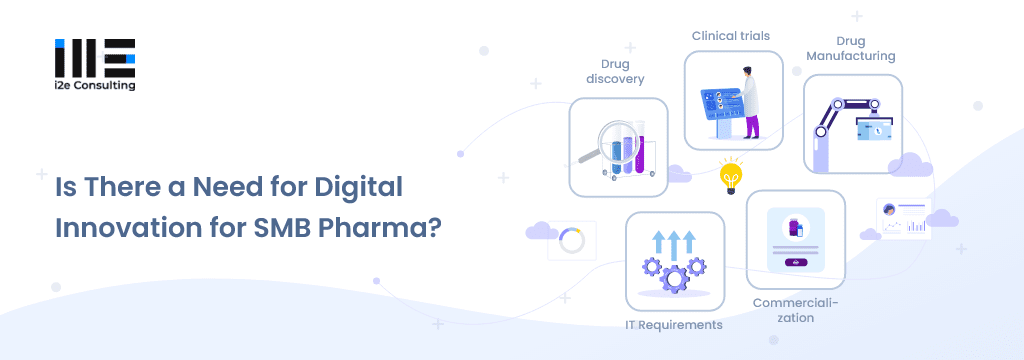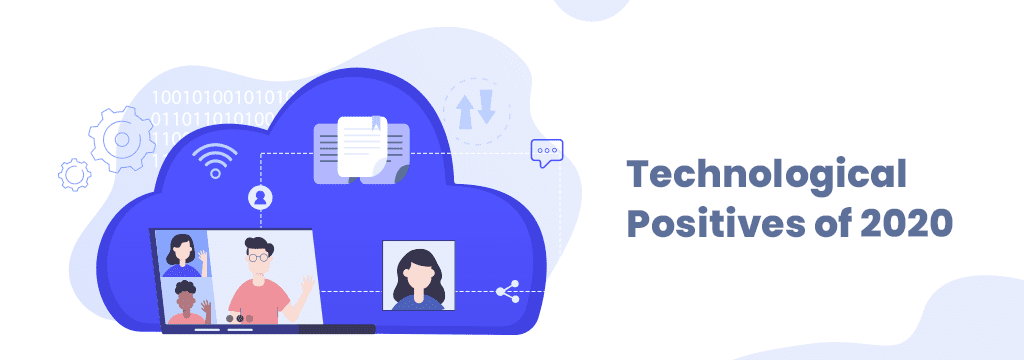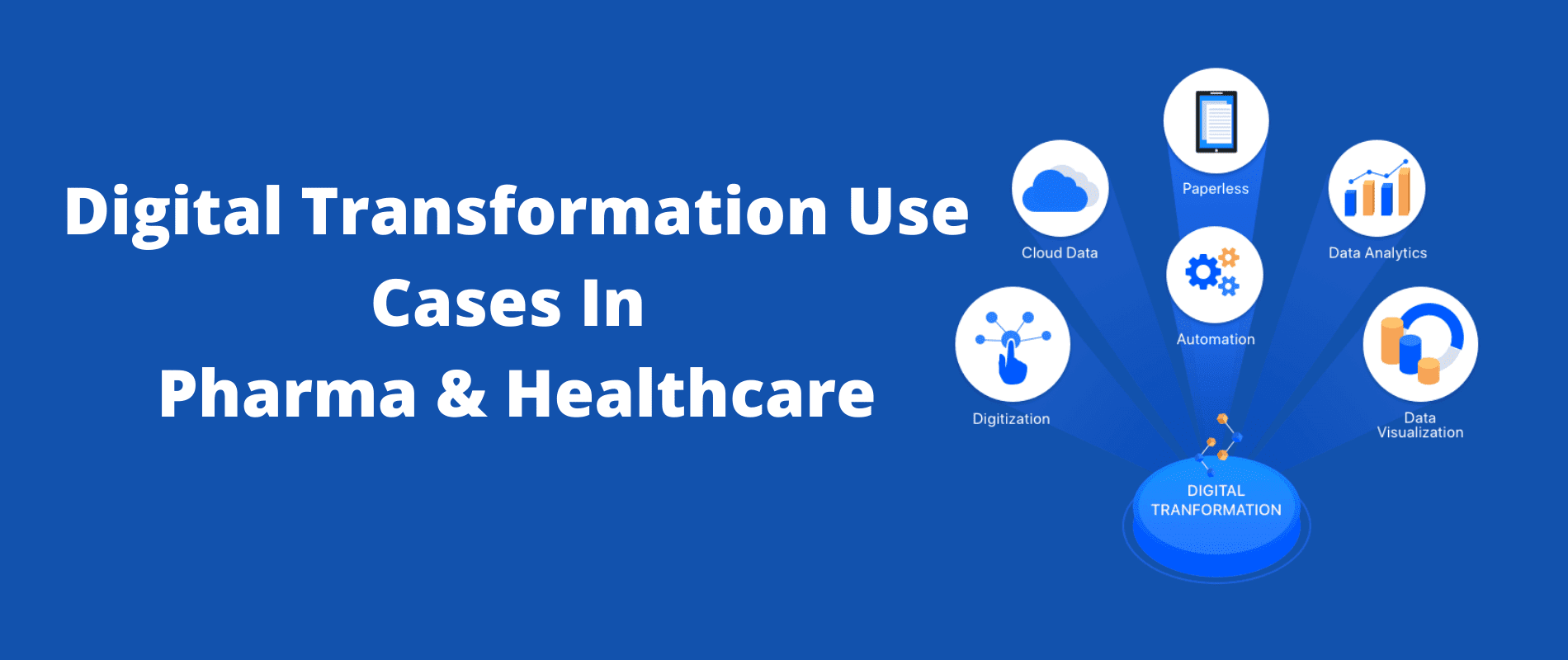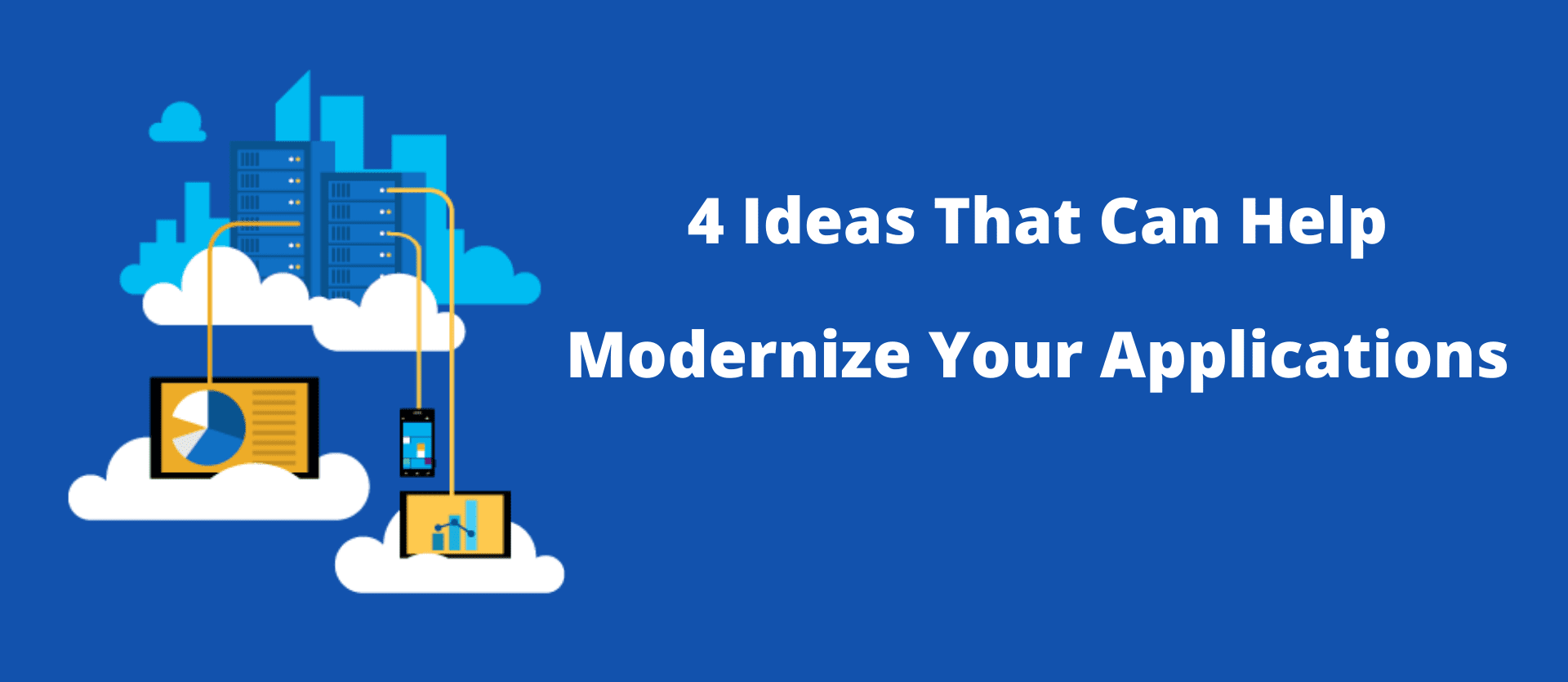Blockchain – Not just a cryptocurrency - i2e Consulting
Bitcoin and blockchain are the two words that have become an inherent part of our vocabulary of late. Most people often use it interchangeably as if they were one and the same thing. If you are one of those who think the word crypto currency was synonymous with blockchain, you couldn’t be more far away from the truth!
The blockchain refers to a chain of visible, public transactions processed across multiple computers. Each time a new transaction is processed, a new ‘block’ is added to the chain. The computer is rewarded with the blockchain’s associated cryptocurrency in exchange for processing the transaction. The current perceived role of blockchain is just as a means for generating cryptocurrency. However, as blockchain would become more widespread and understood, more and more people would be able to understand the technology behind it.
Cryptocurrency is just what we see of blockchain application. There is more to it than what meets the eye. It has just started to offer a secure, safe and transparent means of conducting businesses. There is a huge potential. It represents a new way of recording information and processing transactions. The data recorded in a blockchain are tamper-proof and traceable. It can be used to support any collaborative transactions requiring high availability and integrity. For example, let’s take a look at financial services. The KYC procedure is mandatory at the banks.If a customer has accounts in different banks then he has to do multiple KYC documentation.However, if these banks choose Blockchain to do their KYC implemantation then the redundancy of the process can be eliminated.The customer data can be maintained in a blockchain where it is tamperproof. Similarly, it can be used in identity management, product certification, supply-chain coordination, and general tracking and goods exchanges etc.
In layman’s language blockchain is basically a distributed database. You can compare it to a huge, global spreadsheet that runs on millions and millions of computers useing state-of-the-art cryptography, recording any structured information. In many ways it is an extraordinary thing. Think of it as an unhackable database of digital assets. You can also called it the platform of trust. For example, banks facilitate transactions with traditional currencies, the blockchain allows the free transfer of cryptocurreny through a decentralized environment. All the data is then held in an interconnected network of computers, owned and run by none other than the users themselves. The implications of its use are amazing, not just for the financial-services industry but also right across virtually every thing you can think of.
For processing financial transactions,there is nothing better than blockchain. By excluding the need for third parties, blockchain drastically limits the risks of human error, data leaks or fraudulent acts. All transactions are recorded in the blockchain, and cannot be altered. They can also be audited at any time.
There are many important benefits of blockchain that may prove to be useful to businesses in different industries. Its time to gear up for Blockchain revolution!










